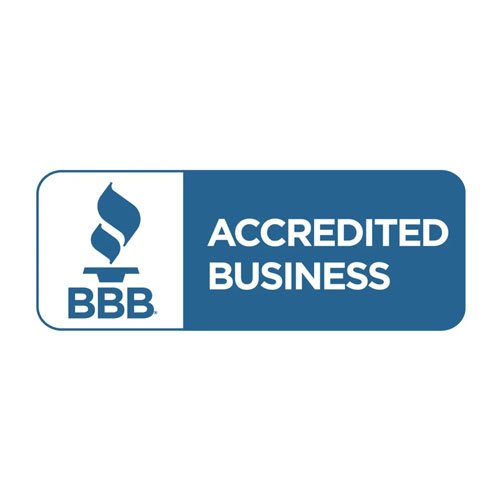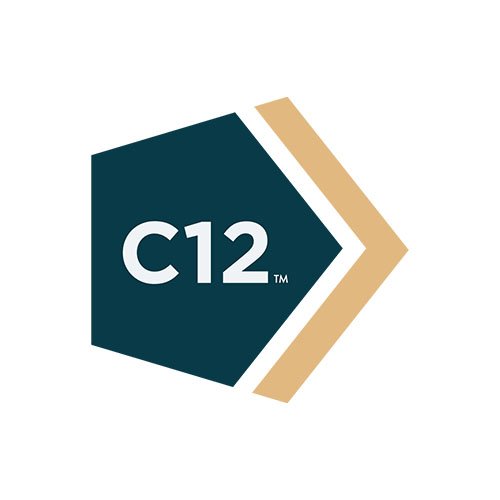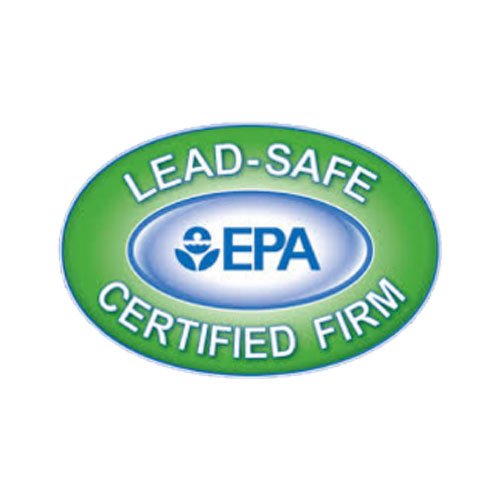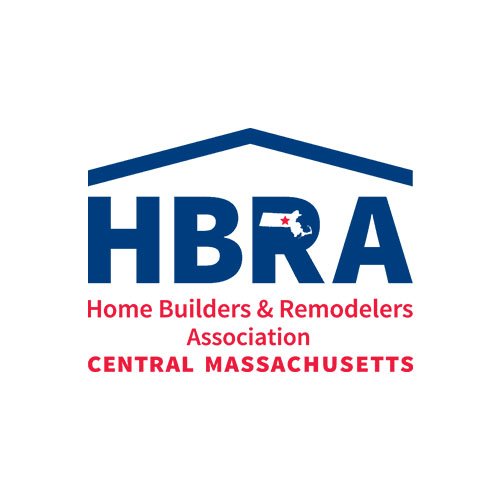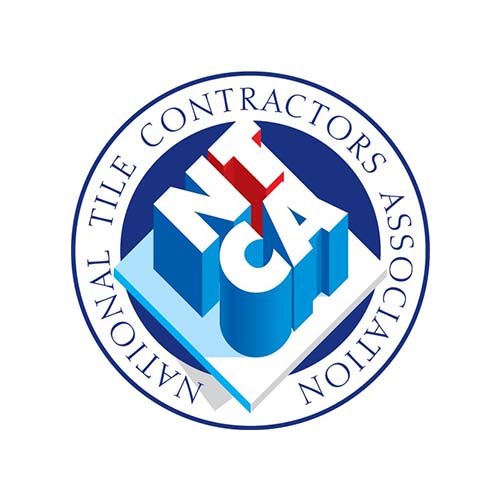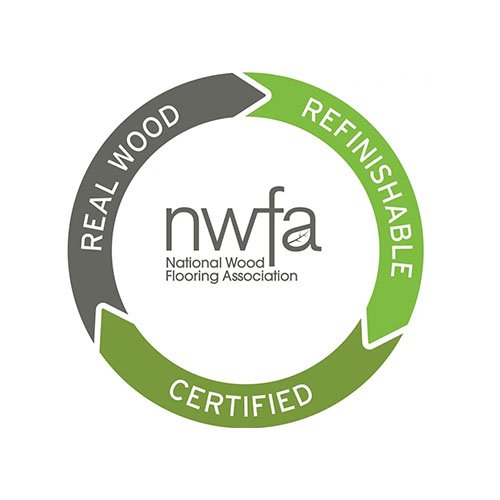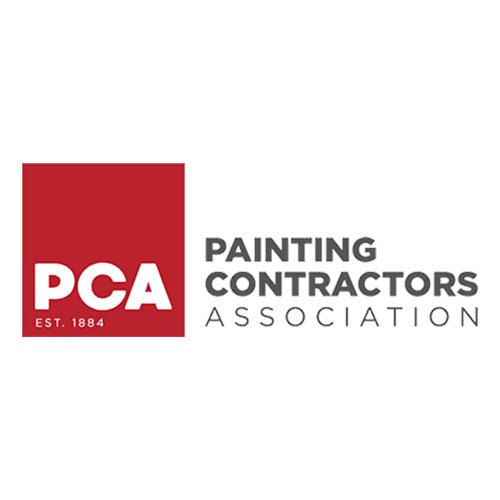Basements are notorious for being dank, dark, and simply unpleasant to be in.
Perhaps that old stereotype has some truth. Or people just didn’t have access to the many types of flooring we have now.
That’s because basements are especially prone to getting musty and damp, which doesn’t help if the floor material only makes the problem worse.
But by learning about different flooring options, homeowners can waterproof and strengthen their basements’ floors. This will allow you to use your basement a lot more often, and with pleasure.
Not only that but there are lots of options to please anyone with a picky eye for design.
So keep reading to learn about the main types of flooring for a finished basement. You’ll soon be ready to finally finish blueprinting your new basement!
Concrete
Not only is concrete one of the most-used flooring options, but it’s also the most durable. With concrete, you can spare yourself from constantly worrying about water damage or durability.
That’s because concrete is very water-resistant, which is great for preventing mold and mildew. Not only that but there are tons of ways to customize concrete if you’re looking for a more polished look. From epoxy coatings to concrete grooving, there are plenty of ways to manipulate and retexture this versatile material.
There are a few downsides to concrete floors to keep in mind. First, it’s a very hard material that could be uncomfortable to walk on for long periods of time. It’s also one of the coldest-feeling options, which could be uncomfortable in the winter.
But it’s also common to layer other flooring options on top of concrete. This way, you can buffer concrete’s clinical appearance and feel with carpet or soft rugs. This way can reap all the benefits of concrete’s imperviousness without letting it overwhelm your space.
Porcelain
Finishing a basement with porcelain might seem odd. But porcelain isn’t only reserved for toilet bowls and bathroom sinks.
However, there’s a good reason why porcelain is used for those purposes. Not only do they look polished and clean, but they’re also extremely durable against environmental damage.
Porcelain is water-resistant and stain-resistant. It’s why you can wash your face every day without eroding the material. This material is also very dense with little pores, which means that no mold or mildew will form.
Epoxy Coatings
As mentioned before, concrete can get an epoxy coating for a sleeker finish. But there are plenty of materials that can get an epoxy coating. The reason why people prefer this to completely new flooring is because of the convenience.
By laying down a thick layer of hard resin, you can minimize the work needed to add protection to your floors. Epoxy floor paint also comes in many colors, which is great for those wanting an extra aesthetic flair.
Vinyl Sheet Flooring
This is one of the most affordable kinds of flooring possible. People tend to use vinyl flooring since it’s water-resistant, easy to maintain, and has great durability.
On the other hand, this flooring doesn’t age well. That’s not really because it loses durability. Instead, vinyl flooring tends to yellow and stain, which is very unsightly.
It’s also difficult to repair should anything happen to it. So while it’s a good short-term purchase, it’s usually not great for longevity. Vinyl flooring can also release harmful chemicals that threaten the health of anyone around them — even for several hundred miles.
So if you’re worried about the environment and/or the health of your building’s occupants, steer clear from vinyl. While your flooring option is ultimately your choice, you should be aware of the risks that come with vinyl.
Luxury Vinyl Plank (LVP) Flooring
For a long time, people couldn’t use wooden finishes for their floors without risking mold and mildew. Regardless, some people consider wood flooring to create some of the best basement floors. This used to be unfortunate, considering how notoriously porous and damage-prone wood is.
Luckily, LVP flooring is extremely popular because it provides durable flooring with so many choices to match someone’s taste for the look they want. LVP flooring is crafted with four layers including a waterproof, PVC vinyl core and a scratch- and stain-resistant top layer perfect for pets and kids – and basements.
Rubber Flooring
This is extremely durable flooring, which is why it’s used in facilities like gyms where people might drop heavy barbells and weights. But it can also be great in any setting that needs top durability. Especially if they specifically need a shock-resistant material.
There are two main reasons why you may not like rubber flooring. First, there aren’t a ton of ways to customize rubber flooring, especially if you’re going for a very specific aesthetic. Rubber comes in several colors, but there aren’t a ton of ways to make rubber look very exciting.
But it can also give off a distinct rubber smell upon installation. However, this scent will dissipate after some time. If you’d like, you might prefer avoiding the basement until the smell disappears. This tends to take around 30 days.
The Best Types of Flooring for Your Basement
Though it’s easy to neglect, your basement is an essential part of your home. Whether you’re turning it into a home gym or an extra space hardly affects how important flooring is. No matter what, great flooring is important to update your basement and make it safe for your home.
At Ulta Home Improvements, we know what it takes to take your home to the next level. That’s why we provide astounding types of flooring services that modernize any room. If our mission sounds great for your home, then contact us today!
